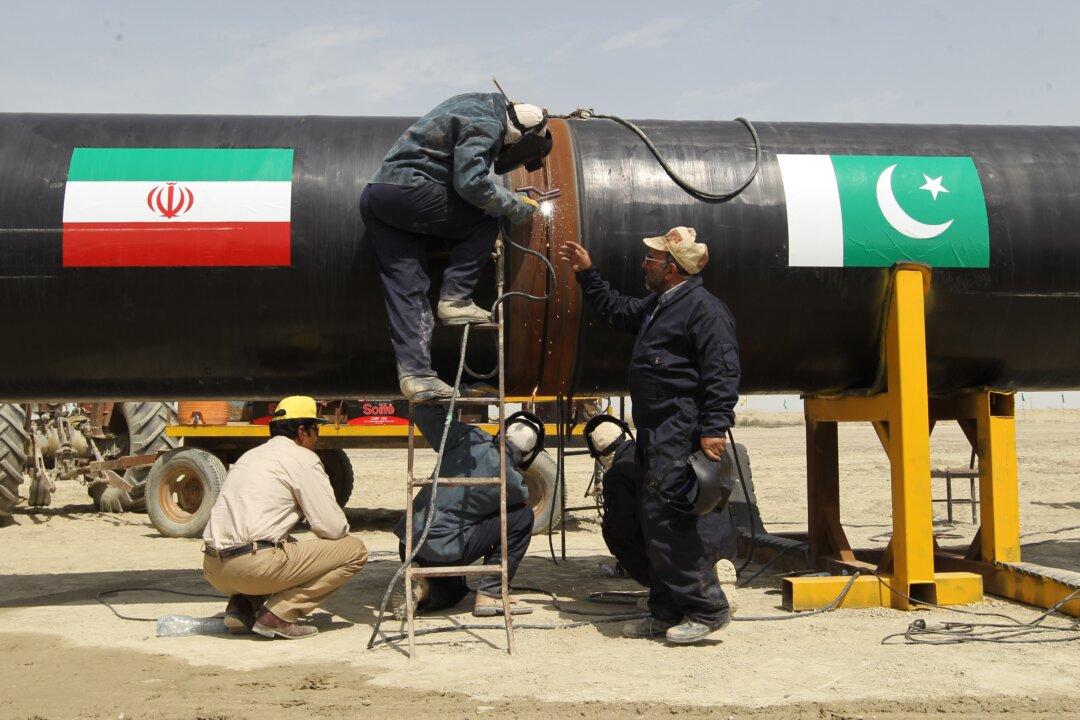Thousands in Balochistan, a southwestern province in Pakistan, are involved in smuggling oil across the restive border with Iran every year. While the phenomenon is not new, the Pakistan government has recently ordered a halt to the illegal trade as fears mount about economic losses in the billions of rupees.
The falling price of Iranian oil also has led to increased smuggling, according to Fatemeh Aman is a non-resident senior fellow at the Middle East Institute.





